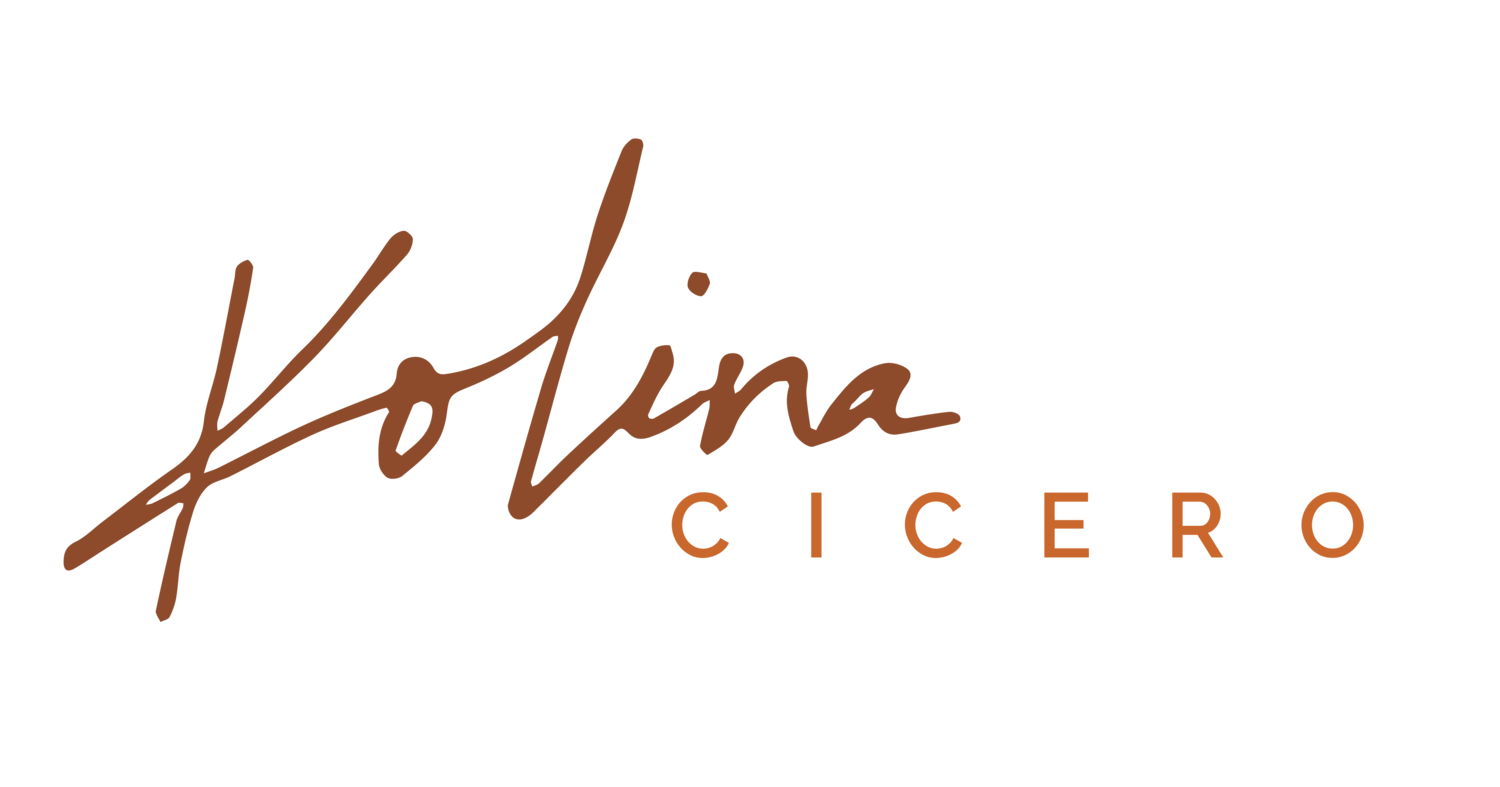How to find your stride in the age of Instagram
It can be difficult to love yourself when you’re infiltrated with images of beautiful people and success stories of influencers all day long.
And yet social media apps are built to be addictive — and they work. American adults spend an average of 11 hours per day consuming media, 2.2 hours of which are social.
This is abhorrent.
Social media, ultimately, is good. It serves as a platform for those whose voices are often spoken over and provides opportunities ad infinitum for connection. A connection is a form of emotional nourishment, according to Psychology Today, and social media is a good place to do this.
But the downside of social media is dangerously steep. I think back to high school when I’d find out Monday morning who was at the party I wasn’t invited to — and I’m so grateful social media wasn’t around yet.
Had I had Instagram back then, I would have spent the entire weekend scrolling through feeds and finding out what I was missing. My self-esteem, already delicate from simply being a high schooler, would have been even more vulnerable.
I used to experience a bit of jealousy while scrolling through Instagram. It made me feel bad, and then I felt bad about feeling bad. Why was I wasting my time looking at peoples’ feeds who made me feel bad about myself? What have they done to earn my comparison?
Nothing. Nobody is worthy of the power you give them when you compare yourself to them.
I don’t have it all figured out, but I have found a way to make my happiness and social media coexist — and it doesn’t require a struggle.
Notice.
Before you can get rid of the bad feelings social media gives you, you must first become aware. The next time you find yourself feeling bad, notice how it feels physically. Does your heart race? Does your stomach drop? Do you become angry? Pay close attention to what happens in your body and brain so you can identify it the next time you experience it.
Connect dots.
Whenever a feeling of jealousy or comparison arises, make note of what triggers it. Maybe it’s anything one specific person posts, or maybe it’s a certain kind of post. Make the connection, and then:
Unfollow.
If you compare yourself to Instagram friends, unfollow them. You won’t miss making yourself feel bad and they won’t even notice you’re gone. This is the sad truth. Often times on social media the relationships are one-way streets. You give influencers your love, support, likes, and power, and they don’t even know you exist.
It’s not worth feeling bad over.
Set alerts.
Instagram has a feature which allows you to create an alert when you’ve reached a predetermined amount of stalking time. A few months ago I set my alert to 10 minutes per day, and now I don’t experience the jealousy I used to. I simply don’t have enough time.
On rare occasion, I will ignore my 10-minute alert and will continue scrolling through my feed, but most days I close out as soon as it pops up. My average time spent on Instagram was 42 minutes before I set the alert. I’ve added 32 minutes to my day.
To set the Instagram reminder, go into Settings, select Your Activity, select Set Daily Reminder, and choose your amount of time.
Remove apps.
I don’t have Facebook on my phone, so I’m only able to check it when I’m on my computer. This has created a huge detachment from the app for me. I will check it out sometimes when I’m on my computer but breaking my default phone-checking habit has made me less dependent on it and has dramatically reduced my use.
Eliminate notifications.
You don’t need to know when you have a new Instagram like or Twitter follower. Instagram users “like” 4.2 billion posts per day and Twitter has an estimated 321 million monthly users. So what if a couple of them like your posts or follow or unfollow you? It really doesn’t matter.
Build.
What’s great about social media is that you have control over whose stuff you want to see. You can hand-curate a list of people who provide real value.
Follow people who:
Inspire you but with whom you don’t compare yourself.
Educate you about topics of your interest. A couple of topics I’ve followed and learned a lot about through social media are Whole30 and sleep training.
Do good. They raise awareness for causes you care about and show you ways to become active yourself. Social media has the ability to amplify voices and actually make a change.
You’d be friends with in real life. Give attention to those who you’d give attention to if they were standing next to you.
You can have authentic, mutually beneficial interactions with. Build up people who also build you up.
You want to help.
Have similar hobbies. This hits all of the above because you can be inspired by, learn from, connect with, and maybe even become friends with these folks, and the camaraderie can be fruitful. The #WritingCommunity on Twitter is a bustling community of writers who can commiserate while also helping one another out by sharing each other’s work. It’s a beautiful place to be.
When you spend time on social media, you should leave feeling better than you did when you opened up the app. It’s possible to do it, it just requires some intentionality.
I urge you to get intentional about making social media a positive part of your life; it has made a big difference in mine.


